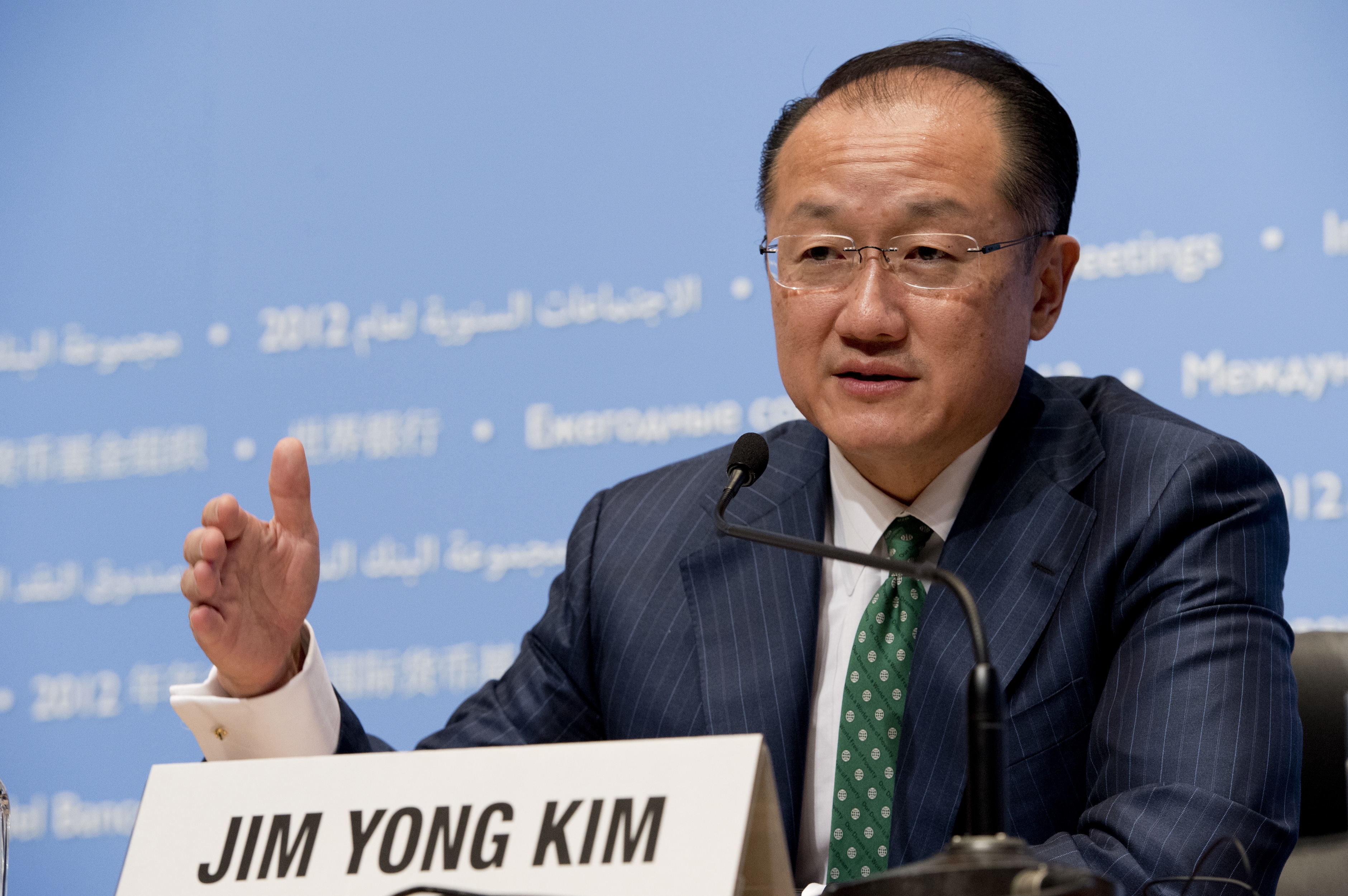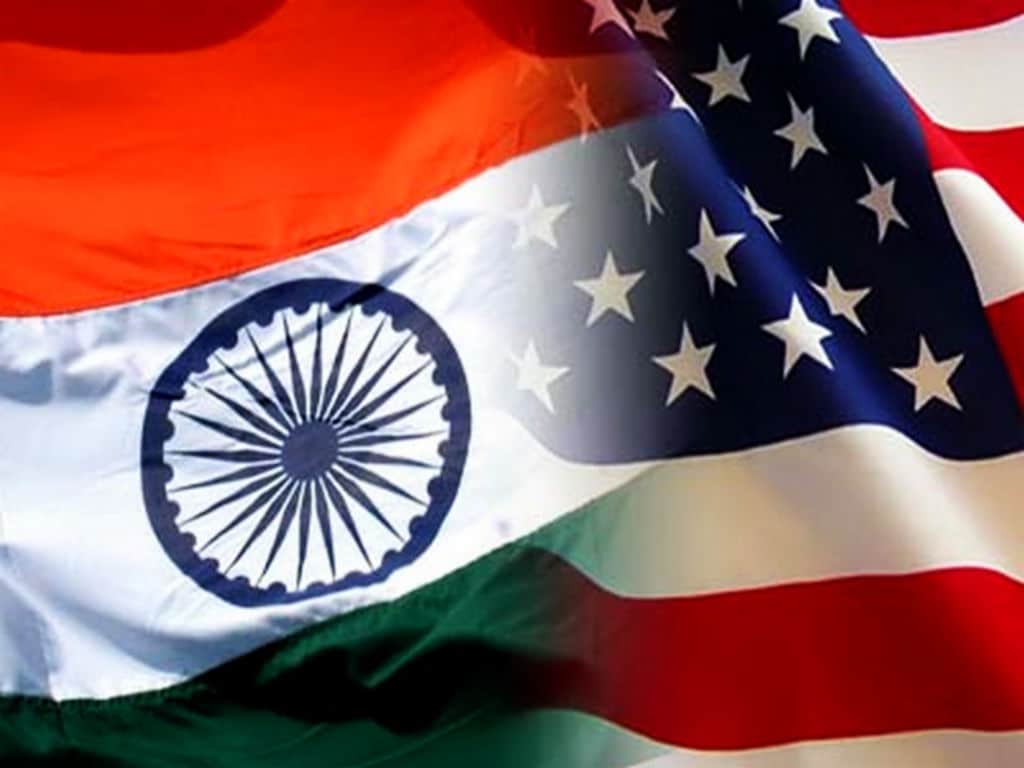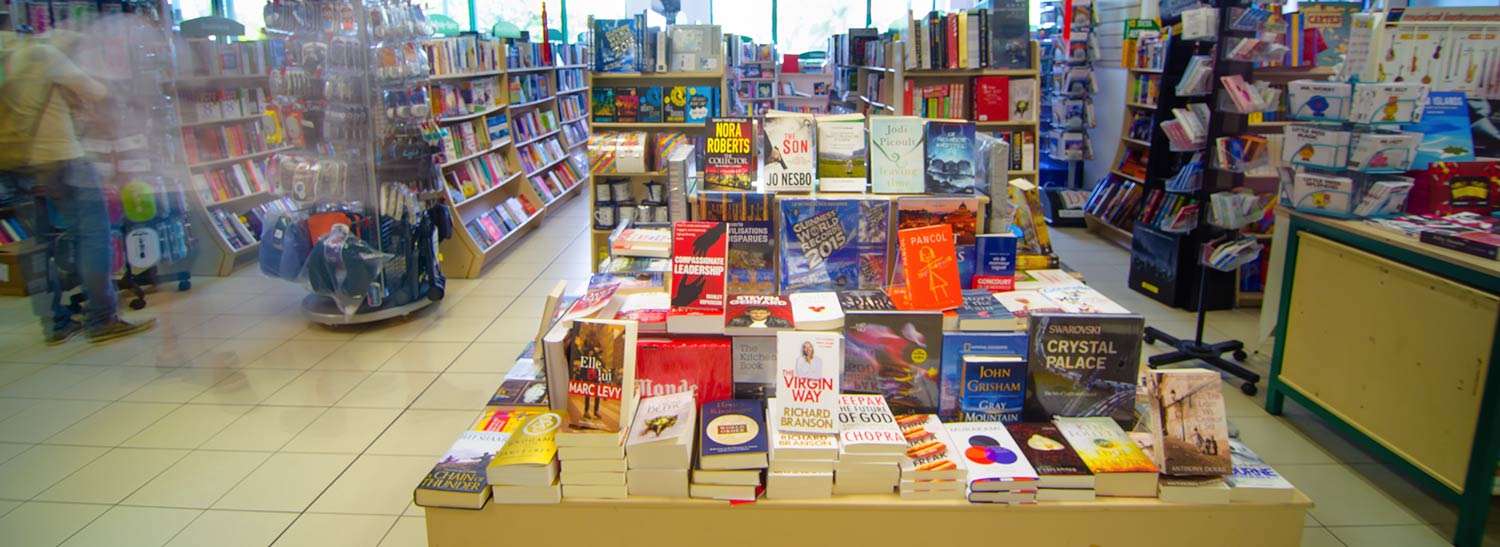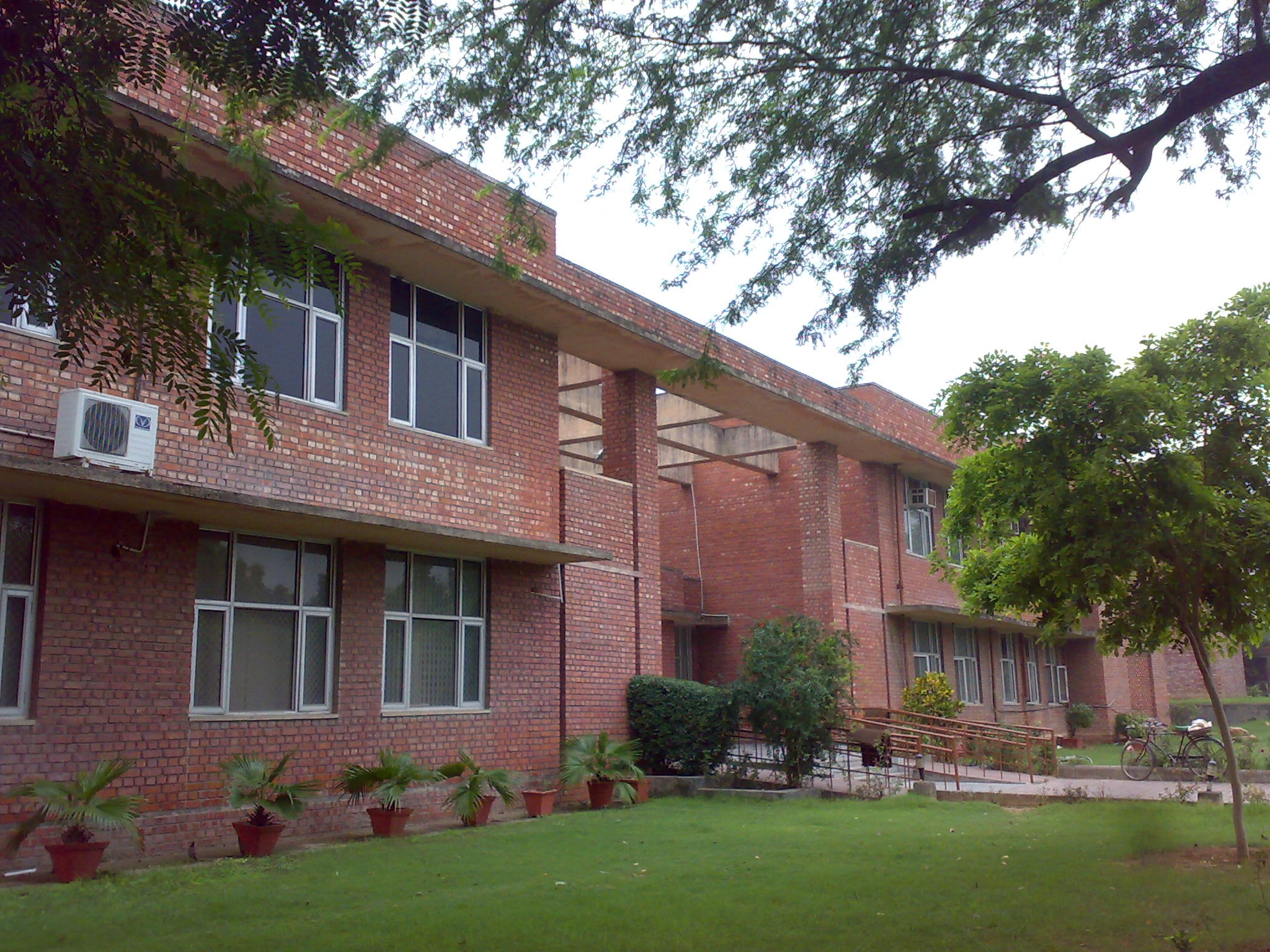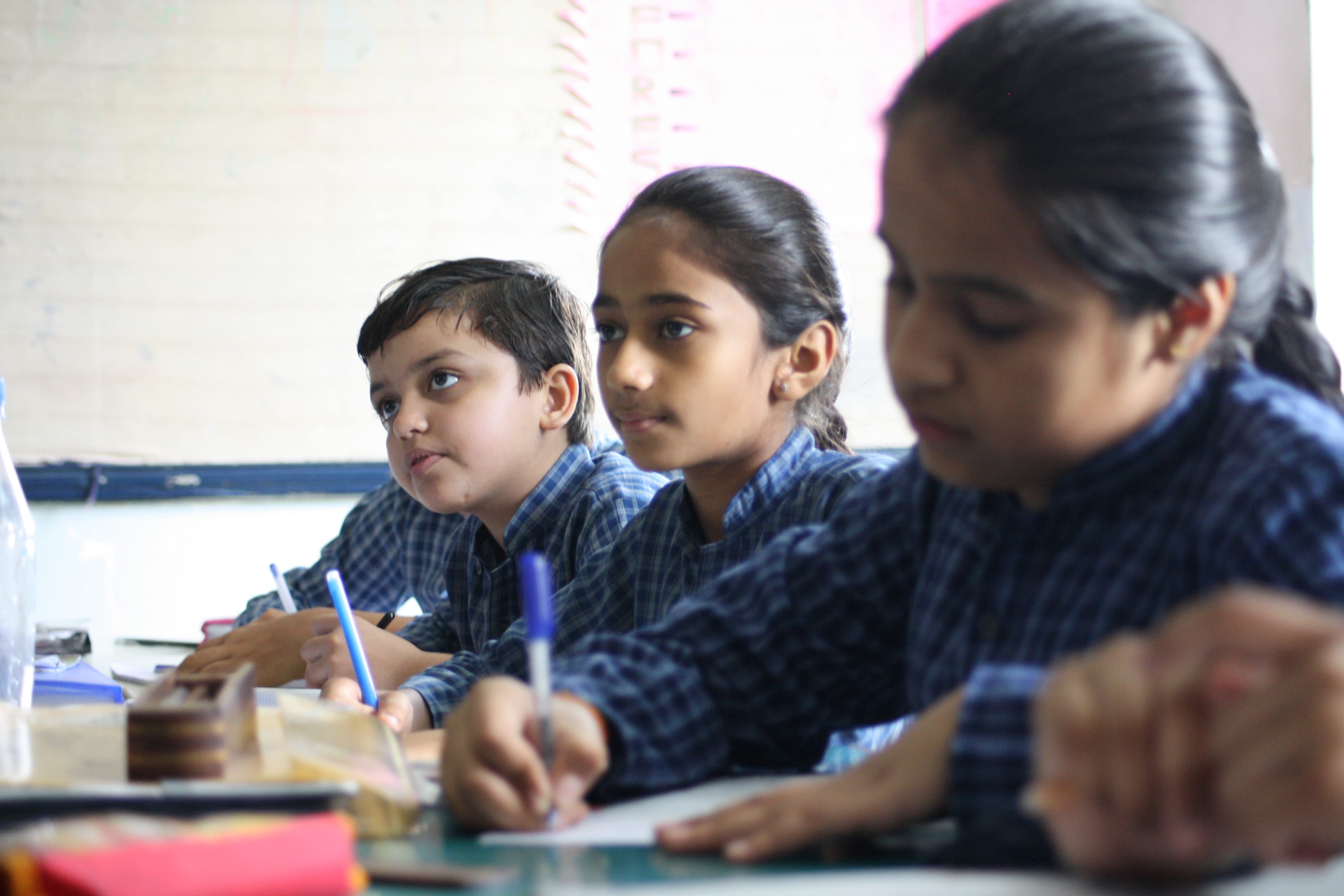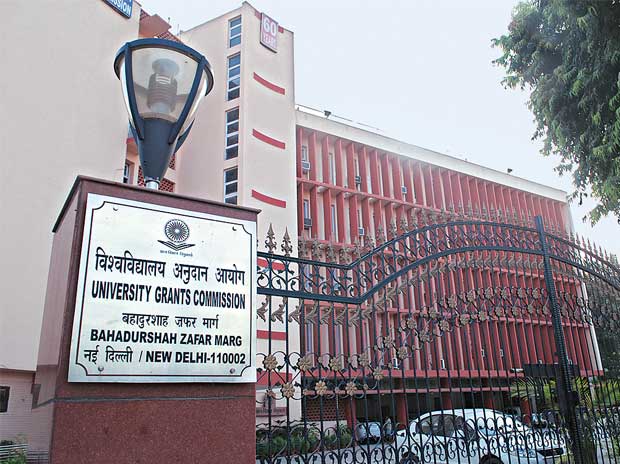The British Council India and UCL Institute of Education, UK, have developed an online course to enhance the skills and knowledge of Indian teachers.
The free online course will help teachers in developing their reflective skills and improving their practise in the classroom, said the programme description.
“We are launching our first free, online course designed to help teachers in India continue their professional development. We’re bringing the best of UK expertise through our partner UCL Institute of Education together to provide a learning experience for thousands across the country who may not otherwise have access to this type of content,” said Alan Gemmell, Director, British Council India.
“Keeping up professional development as a teacher can be hard to fit into a busy timetable. It doesn’t need to be. This online course, broken into simple steps, will help you develop your reflective skills and improve your practice in the classroom”, added the programme description.
The course has been designed according to the needs of Indian teachers, particularly those teaching in English or who teach English as a subject. However, it is also relevant for teachers around the world including those from other low-resource contexts.
The British Council has its reach in over 100 countries connecting the best of UK culture with a global audience and providing high-quality English language courses.
UCL Institute of Education (UCLIOE) was founded in 1902, as a teacher training college in London; the IOE is now a world-class research and teaching institution.








